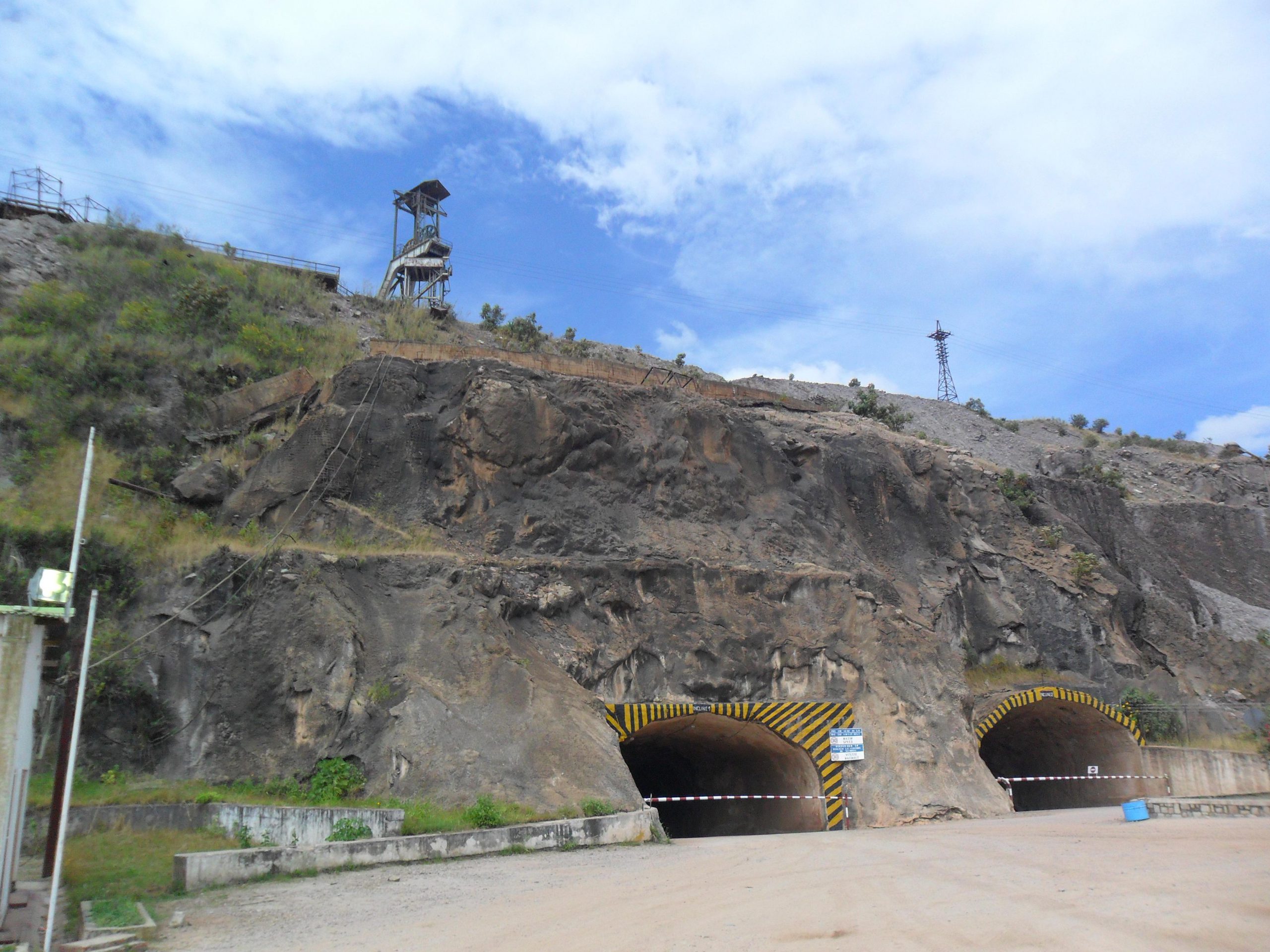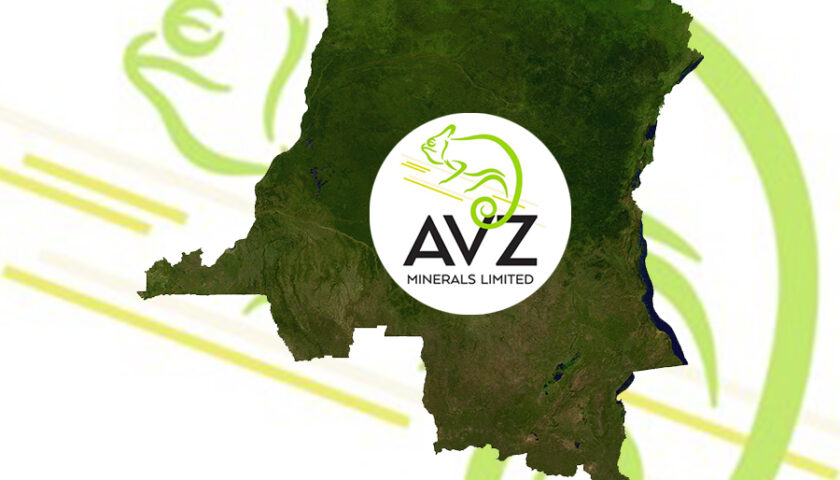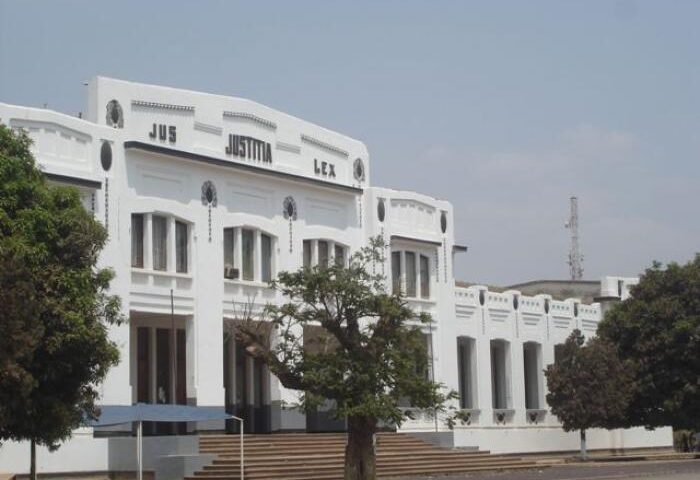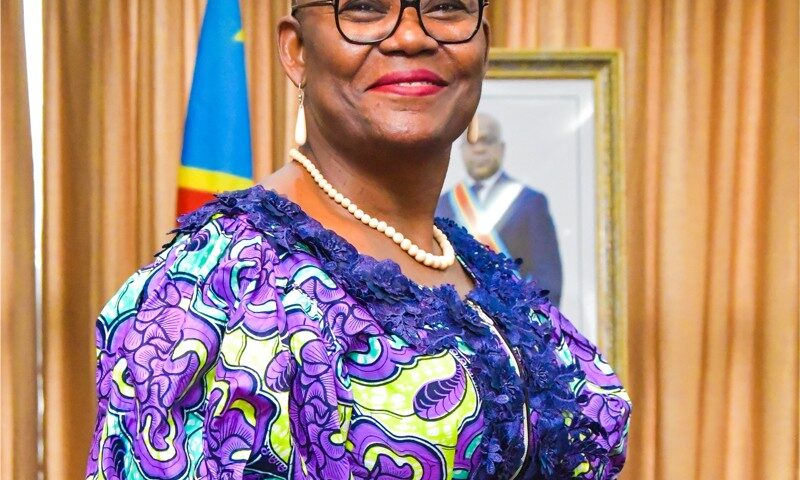Making waves in the cobalt sector earlier this month was the Democratic Republic of the Congo (DRC), which revealed two weeks ago that it will be delaying a ban on the export of copper and cobalt concentrate until next year; the ban was originally intended to come into effect this month.

According to Copper Investing News, Instead, the country is pursuing an alternative that Moïse Katumbi, governor of the DRC’s Katanga province, employed during 2010: taxation. Cobalt concentrate exports from the DRC will now be subject to a tax increase of $40 per metric ton (MT), according to Metal-Pages. That means duties rose to $100 per MT on July 15.
As Cobalt Investing News reported, many are unsurprised that the ban is being pushed back. Aimed at encouraging miners to refine and process the affected metals within the DRC, since its announcement skeptics have stated that the region simply does not have enough electricity to run processing plants.
Prices for the metal saw an uptick after the ban’s announcement, but in the past couple of weeks they have begun to move downward.
Price update
Cobalt tetroxide prices in China began dropping last week, Metal-Pages reported, with mainstream transaction prices for cobalt tetroxide 73-percent grade sinking from 171,000 to 176,000 renminbi (US$27,868 to $28,683) per MT to 171,000 to 174,000 renminbi ($27,868 to $28,357) per MT. One producer based in Southern China told the publication that “[c]urrent offer prices are in disarray,” while another stated, “I am pessimistic about market outlook due to a lack of solid support from consumers.”
Since then, cobalt tetroxide prices have continued to fall along with declining European prices. As of yesterday, cobalt tetroxide 73-percent grade was trading in a range of 170,000 to 171,000 renminbi ($27,705 to $27,868) per MT.
Similarly, Chambishi 99.8-percent grade cobalt fell midway through July, dropping 2,000 renminbi per MT to a range of 203,000 to 208,000 renminbi ($33,084 to $33,898) per MT. Prices for the metal sat at 200,000 to 208,000 renminbi ($32,595 to $33,898) per MT on July 23.
Mainstream transaction prices for cobalt chloride 24.2-percent grade came in at 52,000 to 53,000 renminbi (US$8,475 to $8,638) per MT, down 1,500 renminbi per MT from the previous week, on July 18, while 99.95-percent metal produced in China is stable at 210,000 to 212,000 renminbi ($34,224 to $34,550) per MT, said Metal-Pages.
Freeport-McMoRan Copper & Gold (NYSE:FCX) informed its customers towards the end of June that as a result of electricity supply issues, deliveries of cobalt hydroxide from Tenke Fungurume Mining (TFM), located in the DRC, will be lower in the second half of 2013. That production reduction, along with the overall situation in the DRC, could eventually result in a rise in cobalt prices, Metal Bulletin reported at the time.
According to Reuters, lack of available cobalt concentrates from the conflict-torn Democratic Republic of Congo has squeezed prices of the metal to their highest in a year, with further gains seen on the possibility of an export ban for ores from the leading producer. Prices of high-grade cobalt – used in electronics and aerospace – hit $15/lb this week, the highest since May last year, and up around 50% from lows of $10/lb hit in November last year..
Lower grade 99.6% cobalt was quoted at around $13/lb to $14.50/lb and 99.3% material at between $12/lb and $13/lb.
Supply concerns surfaced after Freeport-McMoRan Copper & Gold warned customers that flows of cobalt hydroxide from the Tenke Fungurume mine (TFM), one of the world’s largest, would be temporarily reduced on power supply problems.
“We’re seeing customers trying to secure higher quantities ahead of the ban but as people are unsure about how strict they will be but nobody wants to get caught out,” a physical cobalt trader said.
Freeport’s director of external communication Eric Kinneberg said in a statement by email to Reuters that TFM had told some customers that shipments of cobalt hydroxide would be temporarily reduced due to power problems.
“TFM’s copper production and shipments have not been materially impacted by these power disruptions.” he said.
Congo has been battling a year-long insurgency by M23 rebels. UN experts accused Rwanda of sending troops and weapons to support the M23 last year. Rwanda denies the accusation.
Congo’s potential export curb is the latest among resource-rich nations in discouraging exports of concentrates – the intermediate products that feed smelters and refiners – to focus on producing higher-value finished products.
The country attempted to introduce similar rules in 2007 and again in 2010, but each time the decision was reversed.
Looking further ahead into the second half of the year, the market is expected to be well supplied as ramp-ups by new mines come on stream, putting a cap on long-term price rises.
“Demand is still good but not massive. But at the same time you have big projects like Ambatovy coming in from the second half of the year onwards with their supply so that should prevent prices from really taking off,” another cobalt trader said.
Ambatovy, a nickel and cobalt project operated by Toronto’s Sherritt International which aims to produce 5 600 t of refined cobalt per annum for the next three decades, the company said on its website. This will make it one of the world’s largest cobalt operations.
Cobalt consumption in 2012 was 79 125 t, according to consultancy Thomson Reuters GFMS, and is forecast this year at 84 132 t.
Source : Copper Investing News




